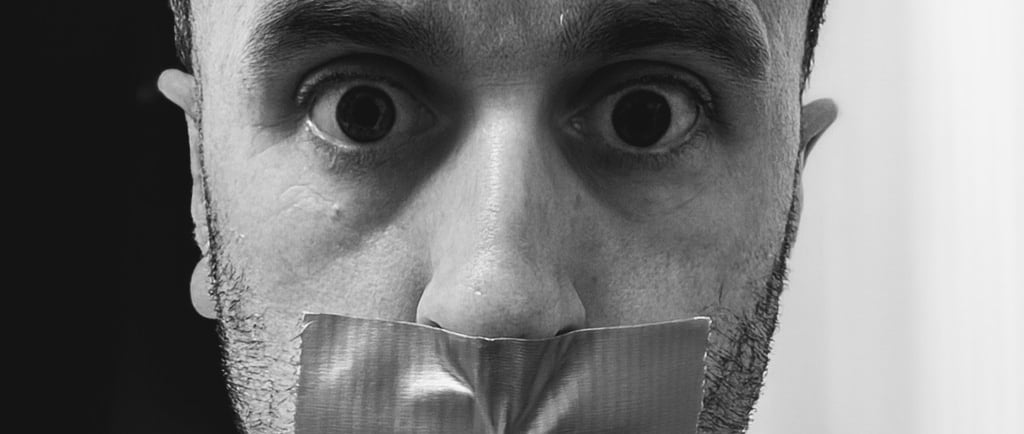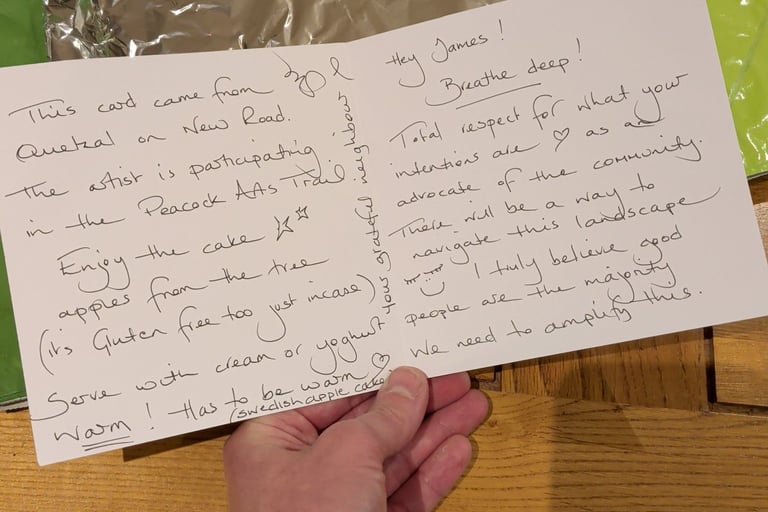Freedom of speech or freedom to agree?
10/4/20252 min read


History has a habit of repeating itself.
It hasn’t happened overnight, but over the past few weeks the direction of travel has started to crystallise—and it’s deeply troubling. We are drifting into a paradox where freedom of speech is championed loudly, but only so long as it reflects the “approved” viewpoint.
The “raising of the colours” movement, the execution of Charlie Kirk, and most recently the terrorist attack in Manchester all point towards the same dark pattern: persecution, even murder, against those who dare to disagree. That is not the preservation of free speech—it is the systematic silencing of it. And that is frightening.
I think back to 7/7, when terrorist attacks brought our country to a standstill. Now? We’ve normalised them to the point where an attack barely interrupts the scroll of a newsfeed. That desensitisation is dangerous in itself.
So why does this hit me so hard? Because I’ve never been one to sit quietly on the sidelines. I chose a public role precisely because I believe in being visible, vocal, and accountable. Yet now, speaking up feels risky—and that unsettles me.
I know there are people I will never agree with. I believe Donald Trump and Nigel Farage are dangerous. But while they have followers in a functioning democratic system, I must respect the fact that those people are entitled to their views. I don’t have to agree with them—I can and should challenge them—but I cannot deny them the right to speak. To assume I’m always right and they are always wrong would be arrogant. Freedom of speech demands tolerance of equal and opposite opinions, and more than that, it demands that I try to understand why people believe what they believe.
Many of the frustrations Reform UK weaponises are real and valid—people in the UK have many reasons to feel discontent (I also feel that discontent). But instead of doing the hard work of finding solutions, too many populist leaders reach for the cheap trick: a slogan on a placard, a chant that stokes anger. It’s easier to provoke than to solve.
And here I am, trying to find a way to navigate this toxic environment—how to keep speaking up in a social media driven world without burning out. I want to remain a glass-half-full person. I want to look for sparks of hope in my community, even when the bigger picture feels bleak. I like to think of myself as a fighter, but there comes a point when even fighters grow weary of taking punch after punch. Some days, you have to wonder if it might be time to tap out.
For what it's worth I know there are also voices of support, but as is the human condition, they are not the ones you pay attention to.

